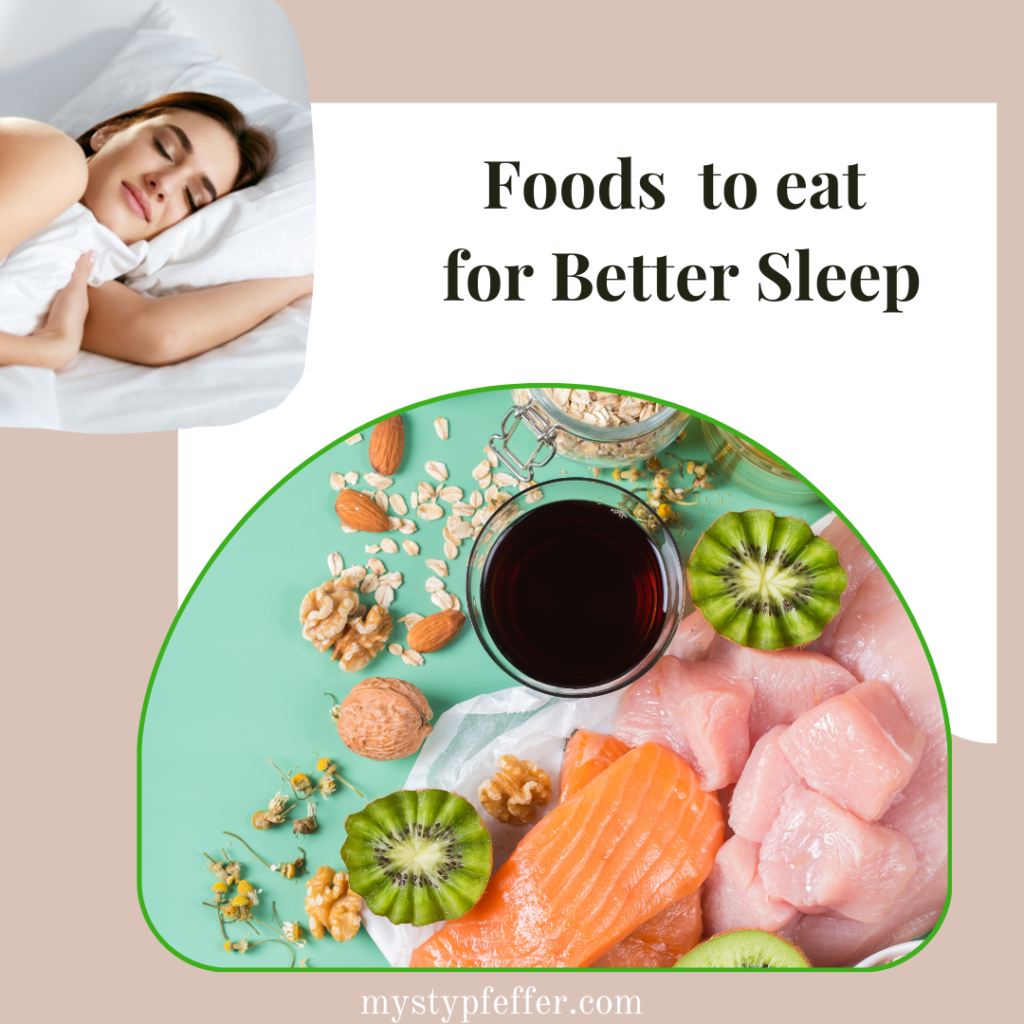Intentional Celebrations: Balancing Spiritual and Physical Wellness During the Holidays
Can you believe it? The holiday season is upon us already!
Are you like me and my friends and already losing sleep over it? Well, not really losing sleep over the holiday season itself, but the added responsibilities that come with an already busy life. It’s kind of hard to stay focused on healthier eating and lifestyle patterns when we’re busy and stressed.
The purpose of my coaching style is to help you and me be flexible in these times of celebration and stress. So, what does it look like to keep our focus on the 4 pillars of health during our celebrations?
We’ve worked hard to establish new habits, and we feel better. It may be helpful to hang onto those long-term rewards when we’re tempted to give in to the instant rewards of the holidays.
Considering lifestyle (how we sleep, deal with stress, play, interact with others, and work) alongside our intake, frame of mind, and exercise will help us balance our time, enjoy the season more, and rest in its purpose, which is gratitude.
Although we are grateful and thankful for all of God’s blessings, picturing all the chaos ahead can be overwhelming. Maybe we can take a few moments to be quiet with him a little more often.
Battling the interruption with the time change also throws a twist in our sleeping routine and we may lay awake thinking about. . . .
“What ifs” for hours!
How am I going to do. . . what if. . . .maybe I need to. . .
Whew! Please God, help with the imagined drama already! The pillar of health you and I need most at the busiest time of the year is our sleep and here we lay, thinking about things that haven’t even happened. I personally think we do this to prepare for battle.
A better idea to calm my heart and soothe my brain for imagined spiritual battles is to memorize scripture. Another way is a little trick I learned in Nursing school many years ago. It’s a sweet way you and I can train our brains as we begin this stressful time of year that sometimes steals our sleep.
First of all, I love how Jesus calls us to calmness:
” Come to me, all who labor and are heavy laden, and I will give you rest. Take my yoke upon you, and learn from me, for I am gentle and lowly in heart, and you will find rest for your souls.”
Here is what you and see in these verses:
There is no burden he cannot carry better than you and me.
When we trust him to handle it, he gives us rest.
He is gentle and low in heart, meaning humble, and not prioritizing material things over people. He is not selfish or worried about what people think either.
Therefore, learning from him, we think like him and find rest for our souls!
HMMMM, sounds good to me! Now for the trick!
When you wake up in the middle of the night to do whatever. . . put yourself back to sleep by not letting any thought in your head but sleep.
Please do not grab your phone.

But this. . .No, sleep. What if. . . push it out with one word. . . sleep.
If you and I have to say it 1000 times, so be it. Do not let any thought enter your mind but one word. . . sleep. All the while you are taking deep breaths in and blowing out slowly as if you were sleeping.
I have been doing this little trick for many years, and it works for me, but please let me know how it goes for you!

Staying Active in Our Intentional Celebrations
Another great trick for sleeping better is exercise early in the morning, especially walking outside! Sounds crazy right?
But that is when the light enters our retina and resets our circadian rhythm. Dreading the chills and temperature changes in the weather don’t make this an appealing venture, does it? I get it, friend. Even though the crisp orange and yellow leaves drew me out of the house for morning walks over and over again in early fall, now, it’s rainy and cold.
The shortest, most spectacular blurb of the year is gone. Thel fleeting enjoyment of milder temperatures and scenery without humidity gave us a feeling of peace and rest.
Now most of the leaves are gone, and the desire to walk outside evaporates. However, it is a pillar of health you and I cannot avoid.
I mean, we have fresh baked pies and extra goodies this time of year everywhere. I don’t know about you, but usually for most people, more pie, means higher blood sugar and inflammation.
Therefore, the choice is clear for me personally and I hope it helps you, too: Eat more, move more. Plus, paying close attention to the stiffness in my joints the excess sugar causes remind me, no more sweets the rest of the week. We can count that as our cheat day.
Intentional celebrations can include a little walking after enjoying our treats. Grabbing a friend or a coworker and braving the cold gives you and me energy, focus, and strength for the rest of the day.
The alternative may be using a walking pad or treadmill while watching our favorite videos when we get home.
Either way, here are 10 reasons to include walking in our celebrations for physical and spiritual wellness this season.
- Walking increases our metabolism, especially in cold weather!
- Walking reduces stress
- It lowers blood sugar
- Walking strengthens bones and muscles.
- Walking is free and easy to do.
- Walking makes our lungs stronger.
- Fresh air is good for our mood.
- It’s a great time to pray and meditate on God’s Word.
- It’s wonderful for circulation, oxygenation of the tissues, and better lymphatic flow.
- Consistent walking strengthens our heart and helps lower blood pressure.
10 beautiful reasons to celebrate walking, my friend!
If we think physical walking has benefits, spiritual walking has at least 100 times more!
When we know God’s will, we hear his voice, and long to please him. Isaiah puts it quite simply. He assures us wherever we are walking, God is right there with us.
“Whether you turn to the right or the left, your ears will hear a voice behind you saying, ‘This is the way, walk in it.'”
Isaiah 30:20-22 ESV – And though the Lord give you the bread – Bible Gateway
So how do you find blessing in your daily walking patterns? What helps you stay focused and confident you can do this?
I look forward to hearing from you and serving you this season! You can find recipes, health tips, and encouragement here so don’t forget to subscribe to the site and take a look around.
Please share with a friend if you find these celebration reminders helpful. We’ll cover more in this series in the week to come!

